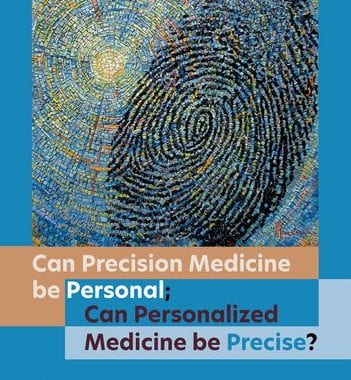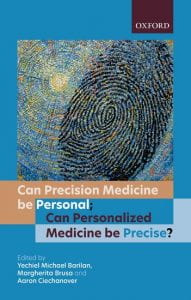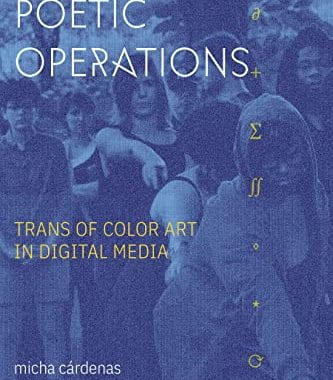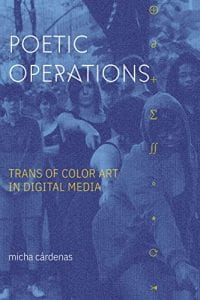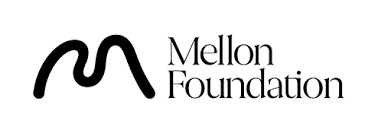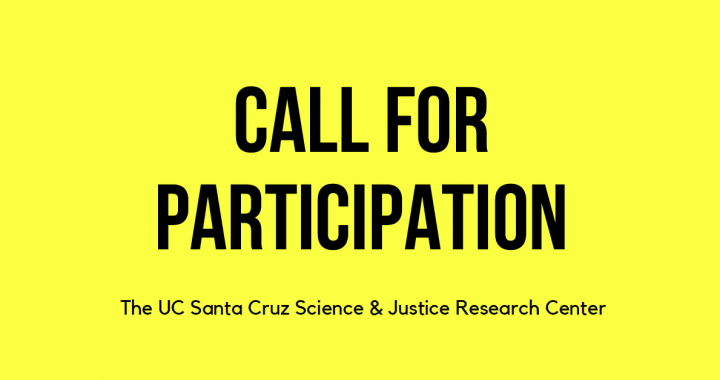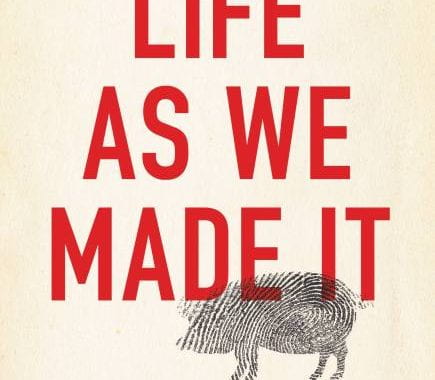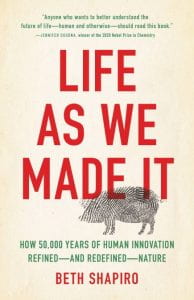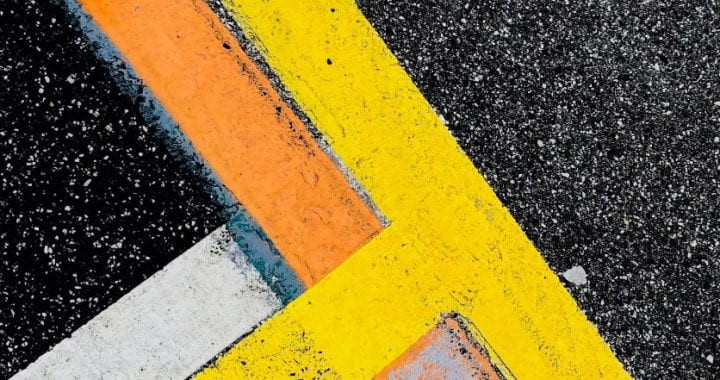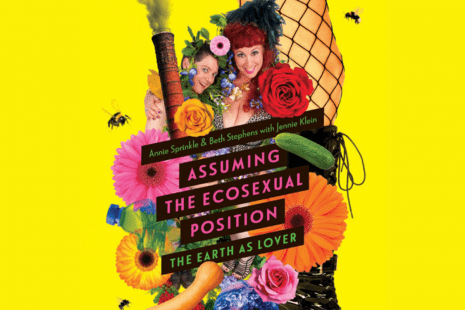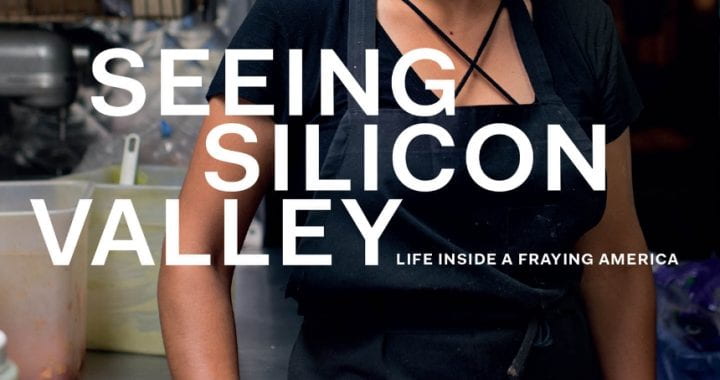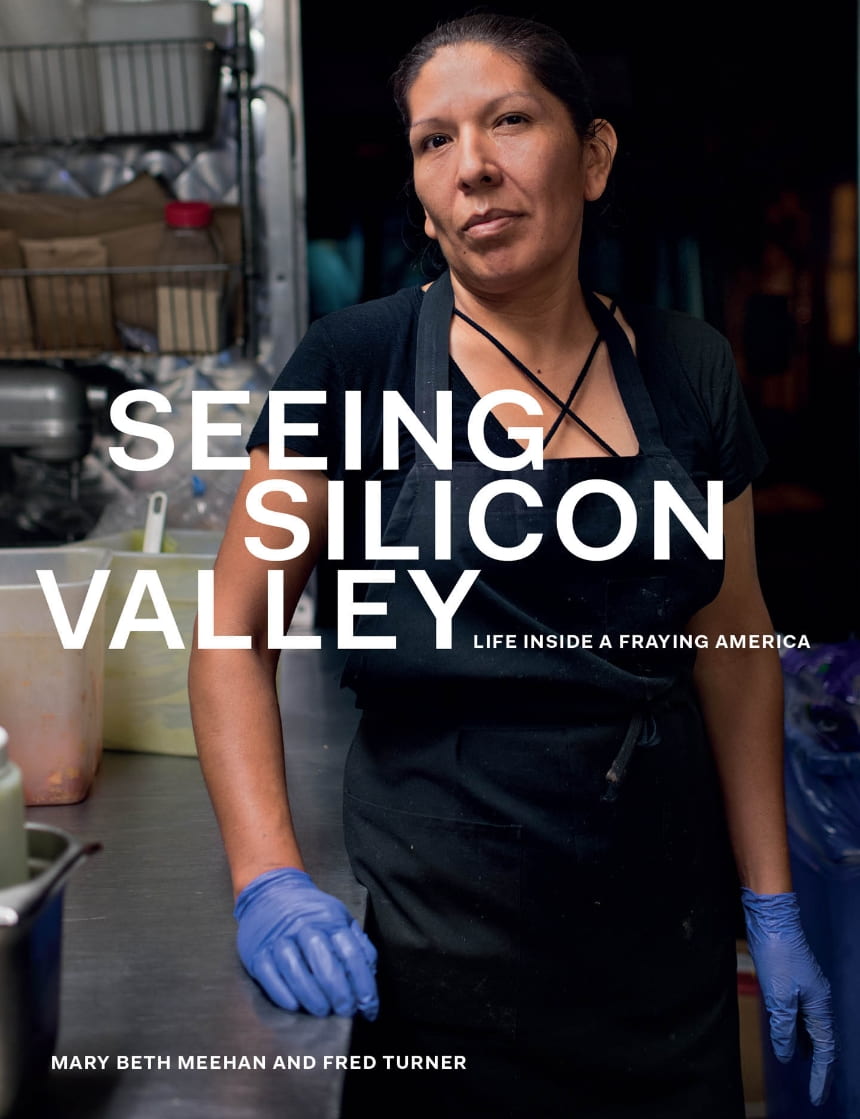The pace of scientific research increases by the year, and the COVID-19 pandemic has further accelerated this trend. The global rate of published peer-reviewed science and engineering journal articles showed a 4% annual increase from 2008 to 2018 (White 2019). The National Science Board found that Science and Engineering publications grew from 1.8 million to 2.6 million articles in ten years (White 2019). In 2020, from February to May, the publishing company Elsevier observed a 98% increase in journal articles listed under health and medicine (Else 2020). In response to an extraordinary health crisis, COVID-19 has taken over research publishing in recent years. However, both in the quest to understand and manage the extraordinary circumstances of a global pandemic and in scientific research more broadly, the demand for swift scientific innovation has shown to be problematic and even dangerous.
The increasing speed of scientific research happens within a broader global context in which many different forms of production must accelerate in order to compete. The association between time and money is an essential feature of this acceleration. Barbara Adam, a Social Theory professor at Cardiff University, coined “speed fetishism” to describe the commodification of time to encourage production speed (2001). As she puts it, “speed becomes an absolute and unassailable imperative for business” (Adam 2001). Adam problematizes the sale, exchange, and control of time by explaining how global innovation competition has caused a degradation of fair wages and working conditions. The phrase “time is money” is more than an empty cliche; it is institutionalized in business models that value quantity over quality. Corporations respond to economic incentives to accelerate production.
Academic research is not exempt from pressures to accelerate in the face of global competition. Ruth Müller, an Assistant Professor of Science & Technology Policy at the Munich Center for Technology in Society, argues that researchers increasingly work under time-limited pressures, creating a “culture of speed” in academia (Müller 2015). Her article “A Culture of Speed: Anticipation, Acceleration and Individualization in Academic Science” (2015), examines the implications of accelerated science. The forces driving the acceleration of research, such as global competition, money, and demand for information, often prevent well-thought-out science. Time for slow thought and reflection is neglected in rushed research, often resulting in a lack of transparency in the scientific development sector. Müller (2015) explains the two modes that the culture of speed in academia works in; anticipatory acceleration and latent individualization. She describes anticipatory acceleration as an effect of time-limited pressures and aims to make the future and competition more controllable. Researchers work in a mode of anticipatory acceleration when they seek to “optimize” their work, for example, by increasing research output. Müller states that this mode creates “emotional dependency on and investment in academic success.” Müller defines the second mode, latent individualization, as researchers’ interest in making decisions to ensure their “future scholarly survival” (Müller 2015). Academia’s metric-oriented nature demands high research turnover, yet it is unclear whether the pace of science research is motivated in the interest of public well-being or individual academic goals.
Taking more time in research opposes the culture of speed and the inclination towards fast solutions, and decelerating research could enable beneficial developments in science. Müller identifies “slow science” as a “counterculture to the current fast-paced, metric-oriented research worlds” (Müller 2015: n.p.) we might call “fast science.” Müller states that the desire for academic success complicates genuine motivations when the metric-based acceleration culture integrates the research sector. For this reason, Müller questions who benefits from fast science. The drive for academic success benefits discrete careers and research publishers’ financial growth. Yet, the pursuit of swift innovation to address public well-being and thoughtful scientific advancement remains questionable. The rise of the Slow Science Movement has pushed for academic researchers to take more time for thinking and digesting before publishing studies (The Slow Science Academy 2010). As The Slow Science Academy states in their attention-grabbing “Slow Science Manifesto,” “science develops unsteadily, with jerky moves and unpredictable leaps forward—at the same time, however, it creeps about on a very slow time scale, for which there must be room and to which justice must be done.” The group advocates for patient research development, including “fostering more dialogue between the humanities and natural sciences” (The Slow Science Academy 2010).
As an intern under UCSC’s Science & Justice Research Center “Orphan Drugs” team, I got a first-hand look into obstacles to this kind of interdisciplinary dialogue and to challenge the pace and scope of considerations within scientific research. Collaboration of researchers in molecular biology, biochemistry, and social science revealed how time is assigned different values depending on perspective. It was an intriguing challenge to find a middle ground; in general, scientists were urgent to pursue the research they believed in. Others wanted to take more time to explore the potential ethical dimensions. In the discussion of “slow science” and “fast science,” it is important to establish “slow” and “fast” as relative terms. For instance, “slow” research can be interpreted as careful, well-thought-out, and mindful work, yet science researchers may feel as though ethical consideration slows research publication. Deliberation between “clashing” disciplines is an excellent step to challenge expectations of research pace. I learned that time is never just time; time is a resource that is spent according to one’s values. Researchers will inevitably have different interpretations of what “slow science” and “fast science” look like. In my perspective, “slow science” foregrounds the dissemination of scientific research in the interest of public well-being. Less likely to undermine public trust, social and ethical considerations are necessary to develop sound research. As sound scientific research should benefit the broader public, it is up to the researcher to determine the pace that will yield reputable work.
While different researchers and disciplines may have different expectations for the pace of scientific research, rushed projects are more likely to face criticism and undermine public trust. John Horgan is an American science journalist known for his critiques on scientific works. In Horgan’s Scientific American article titled “The ‘Slow Science’ movement must be crushed!” he provides a unique perspective on the emergence of slow science. While he applauds the push for scientists to take more time in their research, Horgan worries that careful consideration of scientific findings will leave him with no critiquing material. In a sarcastic tone, Horgan writes, “I fear that, if scientists really slow down, and start publishing only high-quality data and theories that have been double and triple-checked, I won’t have anything left to write about.” While Horgan’s statement is satirical, it allows us to consider outside factors that are indirectly tolerant of fast innovation. However, the COVID-19 pandemic reveals the severe effects of rushed science, calling medical journalists like Horgan (2011) to address extreme cases where “bad” science affects public well-being.
Amidst the COVID-19 pandemic, scientists must provide an understanding of the disease backed by extensive evidence to prevent public unrest. Having patience in research is especially difficult when faced with economic, health, and social pressures. However, everyone must do their part in the tolerance for well-thought-out science. In extraordinary cases like a global pandemic, swift research practices become problematic and even life-threatening. The demand for information on the COVID-19 disease shows the negative impacts of fast science at the individual and social level. The research sectors’ response to COVID-19 revealed the weakness of the accelerated scientific enterprise (Yong 2021). Yong (2021) states, “Flawed research made the pandemic more confusing, influencing misguided policies.” Misinformed conclusions of COVID-19 detection, spread, and transmission created a political discourse that failed to provide a consensus, resulting in a prolonged fight against the disease. COVID-19 revealed the importance of corrective research and brought light to widespread self-interest in the world of science research at the cost of transparency (Yong 2021).
More careful, slow science could be valuable even in urgent, time-sensitive situations like the COVID-19 pandemic. As of July 2021, more than 6000,000 people have died from coronavirus in the US alone (CDC 2021), and it’s common to assume the high death toll has resulted from slow research. Herper (2020), a medical journalist with STAT, says, “more people will die from COVID-19 because we cannot study drugs more quickly.” However, Herper goes on to say, “This does not mean that it would be better to provide people with unproven therapies—or that COVID-19 studies should be accelerated so fast that we draw the wrong conclusions or put people at risk.” While COVID-19 research is much needed at this time, we also need consistent action on established basic public health and pandemic safety measures. Additionally, the pressure for information on COVID-19 may weaken or delay helpful information. The Los Angeles Times article “How coronavirus is revealing the problems with ‘fast science’” (2020) delves into the repercussions of premature coronavirus findings and explores the dangers of evolving advice from COVID-19 researchers. The demand for scientific progress to understand the transmission and treatment of COVID-19 has created the release of information that isn’t always backed by evidence. Premature statements are taken as facts of the disease, and citizens don’t know what to believe anymore. During these extraordinary times, researchers must develop carefully considered findings before bringing them to the public. It’s easier said than done to be patient during a deadly pandemic, but slower research has the potential to give us the information we need to keep ourselves and others safe.
While the Slow Science Movement has raised concerns about “fast science,” they assume the same need for more scientific research. The Slow Science movement is characterized by the time-process of research rather than how scientific research is conducted. However, a lot of what we needed to know to address and prevent pandemics was known before COVID-19; quarantine, physical distancing, mask wearing, and personal hygiene were all standard public health practices during the 1918 influenza pandemic (Tomes 2010). Alongside the slow science movement, we may need a “learn science” movement that affirms a comprehensive understanding of the application and impacts of existing scientific research to transform the individual, social, and political consensus of COVID-19. The acceleration of scientific research spurred by COVID-19 raises concerns that people will act on hastily conducted and prematurely publicized research. For example, a 2020 study that circulated prior to peer review on the preprint depository MedRxiv fueled political narratives that coronavirus was overblown, causing people to not take public health practices seriously (Lee 2020). A whistleblower later revealed that JetBlue founder David Neelman had financed and supported the study, creating concerns over a conflict of interest. The Slow Science Movement and greater research transparency open the path for public trust in science, and allows individuals to integrate and advocate for health precautions backed by extensive scientific evidence alongside the transparency of political, social, and economic obstacles.
Aisha Lakshman, a Kresge affiliate, is a third year Sociology undergraduate. Aisha is also pursuing a minor in statistics. She plans on using these two disciplines to interpret datasets to demonstrate social problems and catalyze social change.
References
Adam, Barbara. 2001. “When Time is Money: Contested Rationalities of Time and Challenges to the Theory and Practice of Work.” Cardiff University, School of Social Sciences. Retrieved April 26, 2021 (https://citeseerx.ist.psu.edu/viewdoc/download?doi=10.1.1.198.21&rep=rep1&type=pdf).
Centers for Disease Control and Prevention (CDC). 2021. “CDC COVID Data Tracker.” CDC.gov. Retrieved July 5, 2021 (https://covid.cdc.gov/covid-data-tracker/#cases_casesper100klast7days).
Else, Holly. 2020. “How a torrent of COVID science changed research publishing- in seven charts”. Nature. Retrieved April 4, 2021 (https://www.nature.com/articles/d41586-020-03564-y).
Herper, Matthew. 2020. “People are dying from coronavirus because we’re not fast enough at clinical research.” STAT. Retrieved March 16, 2021 (https://www.statnews.com/2020/04/22/people-are-dying-from-coronavirus-because-were-not-fast-enough-at-clinical-research/).
Horgan, John. 2011. “The “Slow Science” Movement Must Be Crushed!” Scientific American. Retrieved March 9, 2021 (https://blogs.scientificamerican.com/cross-check/the-slow-science-movement-must-be-crushed/)
Lee, Stephanie M. 2020. “JetBlue’s Founder Helped Fund A Stanford Study That Said The Coronavirus Wasn’t That Deadly.” Buzzfeed News. Retrieved July 18, 2020. https://www.buzzfeednews.com/article/stephaniemlee/stanford-coronavirus-neeleman-ioannidis-whistleblower
Müller, Ruth. 2015. “A Culture of Speed: Anticipation, Acceleration and Individualization in Academic Science.” LSE Impact of Social Sciences. Retrieved March 1, 2021 (https://blogs.lse.ac.uk/impactofsocialsciences/2016/05/11/a-culture-of-speed-anticipation-acceleration-and-individualization-in-academic-science/).
The Slow Science Academy. 2010. “THE SLOW SCIENCE MANIFESTO.” The Slow Science Academy. Retrieved March 1, 2021 (http://slow-science.org/).
The Times Editorial Board. 2020. “How coronavirus is revealing the problems with ‘fast science.’” Los Angeles Times. Retrieved March 9, 2021 (https://www.latimes.com/opinion/story/2020-05-26/coronavirus-research-studies-confusion).
Tomes, Nancy. 2010. “‘Destroyer and Teacher’: Managing the Masses During the 1918–1919 Influenza Pandemic.” Public Health Reports 125 (Suppl 3): 48-62.
White, Karen. 2019. “Publications Output: U.S. Trends and International Comparisons.” NSF- National Science Foundation. Retrieved April 4, 2021 (https://ncses.nsf.gov/pubs/nsb20206/).
Yong, Ed. 2021. “How Science Beat the Virus.” The Atlantic. Retrieved April 4, 2021 (https://www.theatlantic.com/magazine/archive/2021/01/science-covid-19-manhattan-project/617262/).

